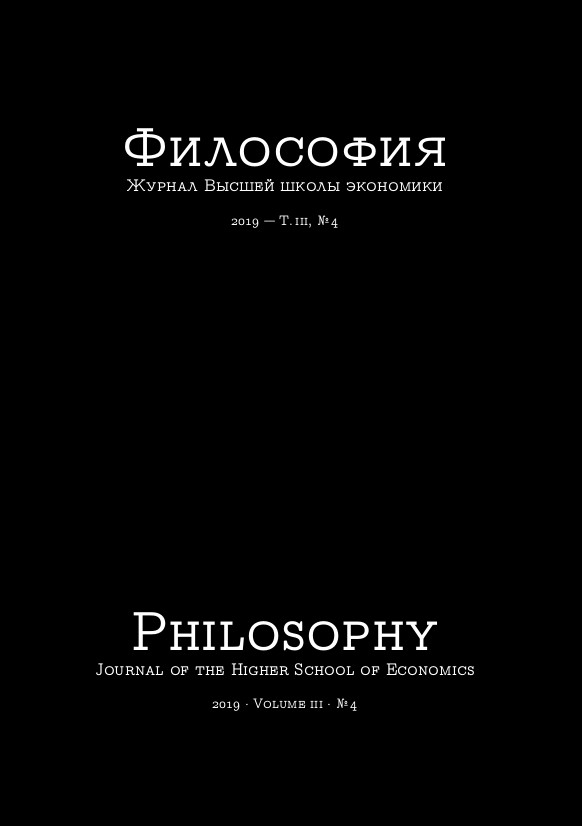Джайнские найи: способы получения достоверного знания или формы опровержения?
Аннотация
Найи (санскр., «точки зрения»), неизменно включаемые историками индийской философии в число методов получения достоверного знания, имеют в джайнизме и второе назначение — служат эффективным средством опровержения оппонентов учения Джины Махавиры. В статье приводятся аргументы в пользу преимущественно полемического назначения най, поскольку оно не так очевидно, как их познавательная функция. Автор статьи видит их в таком качестве, потому что они упоминаются уже в самых древних частях канона, сложившихся ранее оформления теории инструментов достоверного знания, а также потому, что, согласно указаниям джайнских авторов, найи дополняют учение о неодносторонности, изменчивости реальности (анэкантавада) и используются вместе с семичастным паралогизмом (саптабханги) для обоснования ложной абсолютизации не-джайнами их мировоззренческих учений. Если рассматривать совокупность названных методов исключительно как средство получения достоверного знания об изменчивой реальности, то эта методология выглядит как негодное средство, по крайней мере, по двум причинам: изменчивости реальности, релятивизирующей любые утверждения о ней, и неопределенности самих методов, препятствующей быстрому получению искомого знания. Это позволяет усмотреть главную цель применения метода точек зрения в доказательстве джайнского тезиса о том, что их оппоненты не обладают абсолютной истиной в отношении любых объектов, из чего следуют несостоятельность их претензий на обладание метафизической истиной и косвенное обоснование истинности джайнской метафизики.






